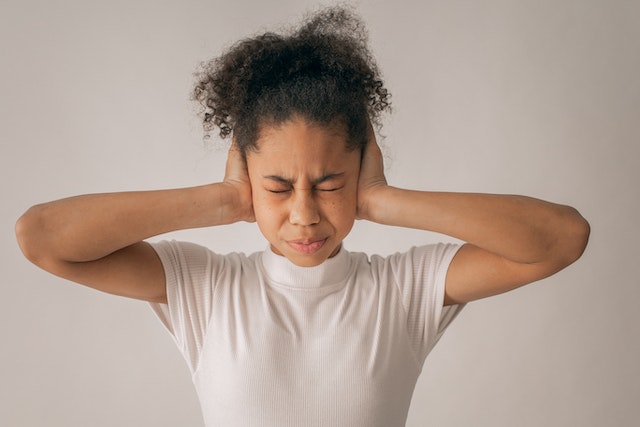Washington [US], January 25 (ANI): The ongoing coronavirus pandemic has meant more time at home for everyone and people have turned to cooking, reading, among other activities to deal with the health crisis, which brings a fresh supply of stress every day.
According to a new study, loneliness in adults aged 50 and over during the COVID-19 lockdown was linked to worsening depressive and other mental health symptoms.

Loneliness emerged as a key factor linked to worsening symptoms of depression and anxiety in a study of more than 3,000 people aged 50 or over led by the University of Exeter and King’s College London and funded by The National Institute for Health Research (NIHR) Maudsley Biomedical Research Centre (BRC).
Researchers had access to data going back to 2015 for participants of the PROTECT online study. They also found that a decrease in physical activity since the start of the pandemic was associated with worsening symptoms of depression and anxiety during the pandemic. Other factors included being female and being retired.
Also Read: Burst That Bubble of Anxiety and Be Exam Ready!
Dr. Byron Creese, of the University of Exeter Medical School, who led the study, said, “Even before the pandemic, loneliness and physical activity levels were a huge issue in society, particularly among older people. Our study enabled us to compare mental health symptoms before and after COVID-19 in a large group of people aged 50 and over.”
Creese added, “We found that during lockdown, loneliness and decreased physical activity were associated with more symptoms of poor mental health, especially depression.
Also Read: 5 tips to prevent your child’s back, neck pain during online classes
It’s now crucial that we build on this data to find new ways to mitigate the risk of worsening mental health during the pandemic.” The study found that before the pandemic, lonely people would report an average of two symptoms of depression for at least several days over the previous last two weeks.
During the lockdown, lonely people reported either an increase in the frequency of depressive symptoms, to more than half the days in the two week period, or a new symptom for at least several days in that timeframe. In people who were not lonely, levels of depressive symptoms were unaffected. PROTECT began in 2011 and has 25,000 participants signed up.
Designed to understand the factors involved in healthy aging, the innovative study combines detailed lifestyle questionnaires with cognitive tests that assess aspects of brain function including memory, judgment, and reasoning over time. In May, researchers included a new questionnaire designed to assess the impact of COVID-19 on health and wellbeing. Running from May 13 to June 8, the questionnaire was completed by 3,300 people, of which 1,900 were long-standing PROTECT participants. The study is continuing to run so that longer-term outcomes can be assessed.
Zunera Khan, Research Portfolio Lead at Institute of Psychiatry, Psychology and Neuroscience said, “We have found links between loneliness and a drop in physical exercise and worsening mental health symptoms. It should be within our power to find ways of keeping people socially engaged and active. Our online PROTECT platform ultimately aims to find new ways to engage people in their homes, however, technology can only be part of the picture.
We need to ensure we can find new ways to help people stay active and social, whether they are online or not.” The study planned to conduct further analysis on groups at particularly high risk, such as people with cognitive impairment and those with caring roles.
Source: ANI News
You May Like:
These facts might make your kids knowledge stand apart.
Languages are spoken everywhere. All social animals, be it as small as ant to as large as whales, do communicate, but it’s only humans who have developed a full-fledged communication skill through language, at least as we know it. Read More:
![]()








